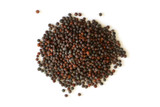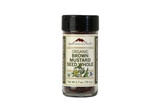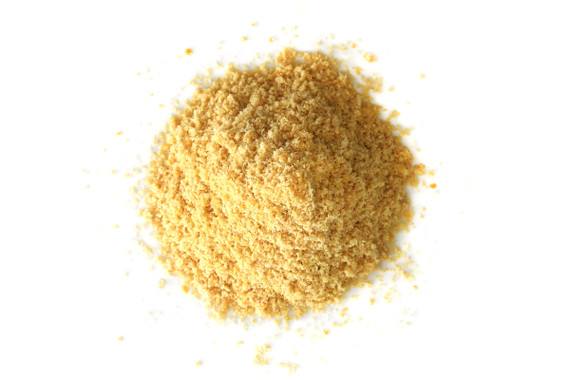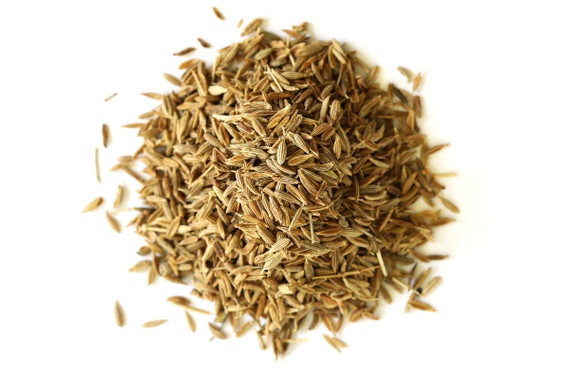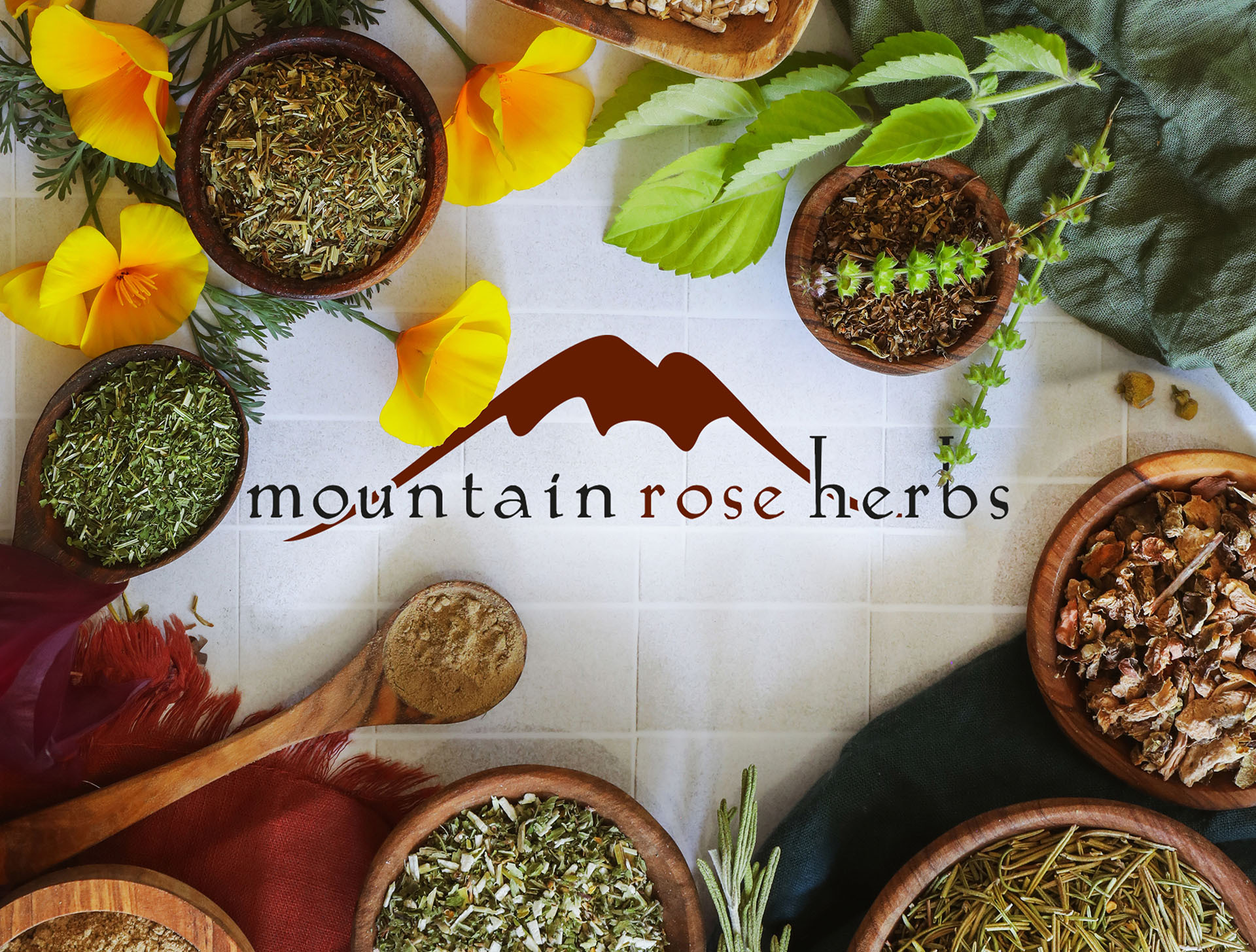A member of the mustard and cabbage family, brown mustard (Brassica juncea) is cultivated worldwide for its vegetative leaves and pungent, spicy seeds. Brown mustard seeds are used in cooking, body care recipes, and also pressed for their oil. Brown mustard seed is often preferred when making whole grain and coarse varieties of mustard and can also be added to pickling recipes and herbal foot baths.
Brown mustard is referred to by a variety of common names including Chinese mustard, Indian mustard, and vegetable mustard. Brassica nigra is a popular mustard cultivar around the world and is especially true in Asia where the plant is enjoyed for its edible green leaves and seeds that are pressed for their oil. Young spring leaves are eaten fresh in salads and the older, larger leaves are boiled or sautéed.
Brown mustard seed appears in a range of cultural cuisines worldwide. The seeds are popular additions to pickling blends, condiments, and various coarse and whole grain mustard spreads. Brown mustard seeds are typically hotter and more pungent than their close relative, yellow mustard seeds. For millennia, brown and yellow mustard have been employed in traditional herbal applications for their beneficial properties. Greek physician Dioscorides first described a topical mustard plaster almost two-thousand years ago and it remains a popular folk remedy today.
Mustard seeds belong in the Cruciferae or Brassicaceae family. Commonly referred to as the mustard or cabbage family, these plants are mostly herbaceous with simple, alternating leaves, and flowers with four free sepals, four alternating petals, and two short and four long free stamens. Brown mustard, an annual native to Asia, has leaf edges that are toothed, scalloped, or frilled, and boasts masses of bright, yellow flowers.
Although there is no set date when mustard seed was first used as a condiment, general consensus points to the Romans who blended crushed mustard seeds with must (fermenting grape juice) to make a sauce. The word mustard is said to come from the Latin phrase “mustem ardens” which translates to “burning must”. Mustard seeds have thousands of years of folklore surrounding them and are mentioned in many ancient religious texts.
Brown mustard seeds are a popular choice in making mustard condiments, spicing culinary dishes, and can be used for sprouting. Mustard seeds can be incorporated into body care recipes, including herbal foot soaks.
Learn how to make mustard at home using our brandied honey mustard recipe.
Precautions
No known precautions. We recommend that you consult with a qualified healthcare practitioner before using herbal products, particularly if you are pregnant, nursing, or on any medications.
This information has not been evaluated by the Food and Drug Administration. This product is not intended to diagnose, treat, cure, or prevent any disease. For educational purposes only.

